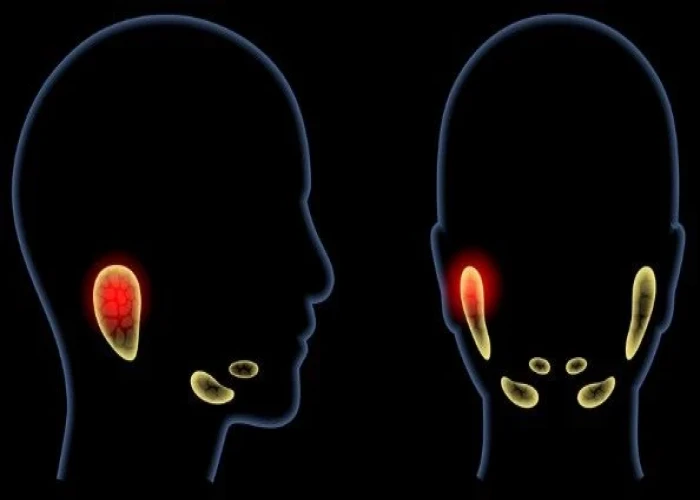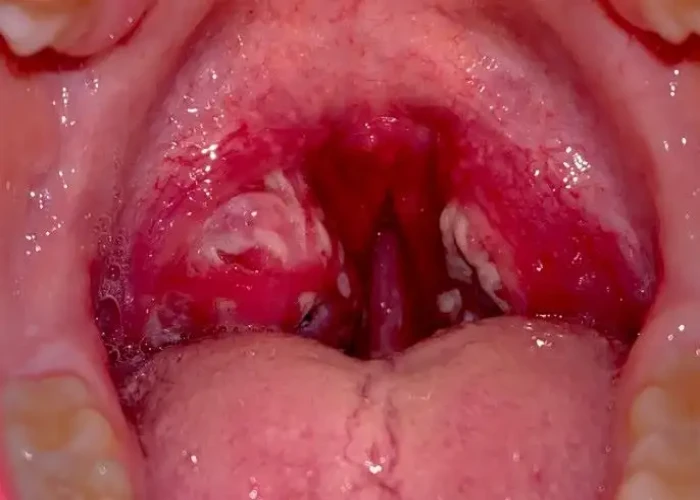 Welcome
Welcome
“May all be happy, may all be healed, may all be at peace and may no one ever suffer."
Genital herpes

Genital herpes is a common sexually transmitted infection (STI) caused by the herpes simplex virus (HSV). It can be spread through vaginal, anal, or oral sex, even if the infected person does not have any symptoms.
Symptoms of genital herpes can include small, painful blisters or sores on or around the genitals, anus, or mouth. Other symptoms can include itching, burning, and flu-like symptoms such as fever and swollen lymph nodes. Some people with genital herpes may have no symptoms at all.
There is no cure for genital herpes, but antiviral medications can be used to manage symptoms and reduce the frequency and severity of outbreaks. People with genital herpes can also take steps to reduce the risk of spreading the infection, such as using condoms during sex and avoiding sexual activity during outbreaks.
It is important to get tested for STIs regularly, especially if you are sexually active. If you think you may have genital herpes or any other STI, it is important to seek medical attention and get an accurate diagnosis. A healthcare provider can provide information and resources on how to manage the condition and reduce the risk of spreading it to others.
Research Papers
Disease Signs and Symptoms
- Genital pain
- Genital itching
- Ulcers may make it painful to urinate.
- Skin will crust over and form scabs as ulcers heal.
- Small, flesh-colored, brown or pink swellings in the genital area
Disease Causes
Disease Prevents
Genital herpes
The suggestions for preventing genital herpes are the same as those for preventing other sexually transmitted infections: Abstain from sexual activity or limit sexual contact to only one person who is infection-free. Short of that, you can:
- Use, or have your partner use, a latex condom during every sexual contact
- Avoid intercourse if either partner has an outbreak of herpes in the genital area or anywhere else
Pregnancy precautions
If you're pregnant and know you have genital herpes, tell your doctor. If you think you might have genital herpes, ask to be tested for it.
Your doctor may recommend that you start taking herpes antiviral medications late in pregnancy to try to prevent an outbreak around the time of delivery. If you're having an outbreak when you go into labor, your doctor will probably suggest a cesarean section to reduce the risk of passing the virus to your baby.
Disease Treatments
There's no cure for genital herpes. Treatment with prescription antiviral medications may:
- Help sores heal sooner during an initial outbreak
- Lessen the severity and duration of symptoms in recurrent outbreaks
- Reduce the frequency of recurrence
- Minimize the chance of transmitting the herpes virus to another
Antiviral medications used for genital herpes include:
- Acyclovir (Zovirax)
- Valacyclovir (Valtrex)
Your doctor may recommend that you take the medicine only when you have symptoms of an outbreak or that you take a certain medication daily, even when you have no signs of an outbreak. These medications are usually well-tolerated, with few side effects.
Disease Diagnoses
Disease Allopathic Generics
Disease Ayurvedic Generics
Disease Homeopathic Generics
Disease yoga
Genital herpes and Learn More about Diseases

Vasculitis

Mosquito bites

Blocked tear duct

Interstitial lung disease

Sun allergy

Persistent post-concussive symptoms (Post-concussion syndrome)

Mumps

Strep throat
genital herpes, যৌনাঙ্গে হার্পস
To be happy, beautiful, healthy, wealthy, hale and long-lived stay with DM3S.
